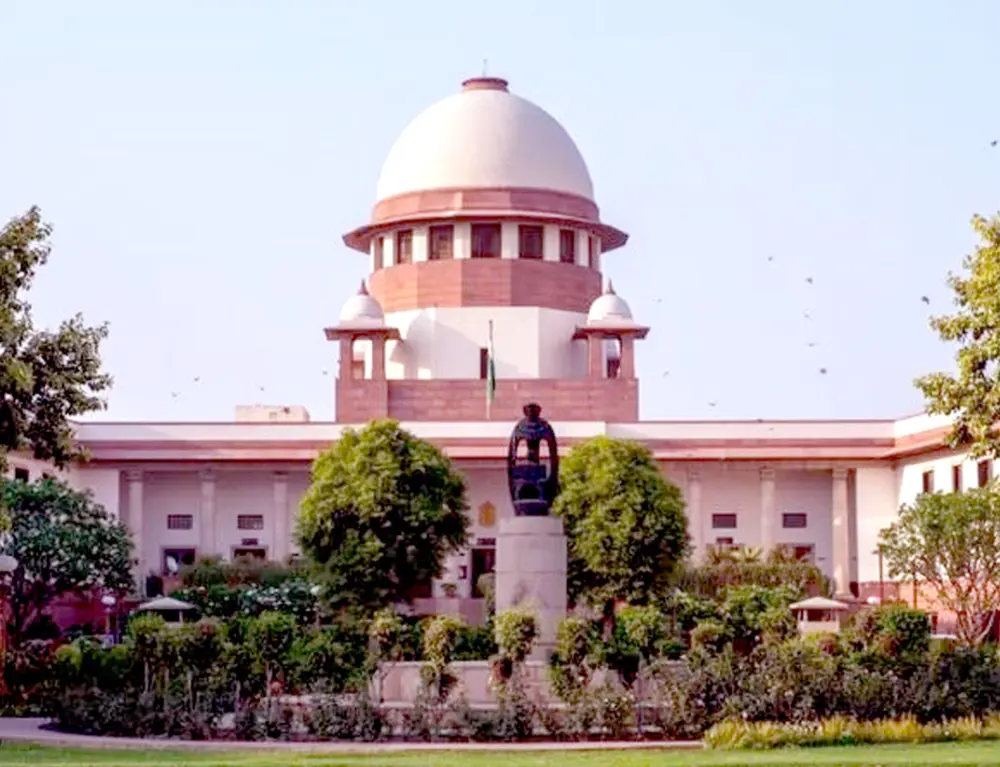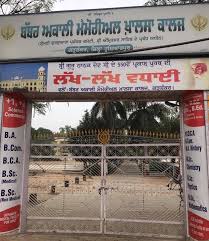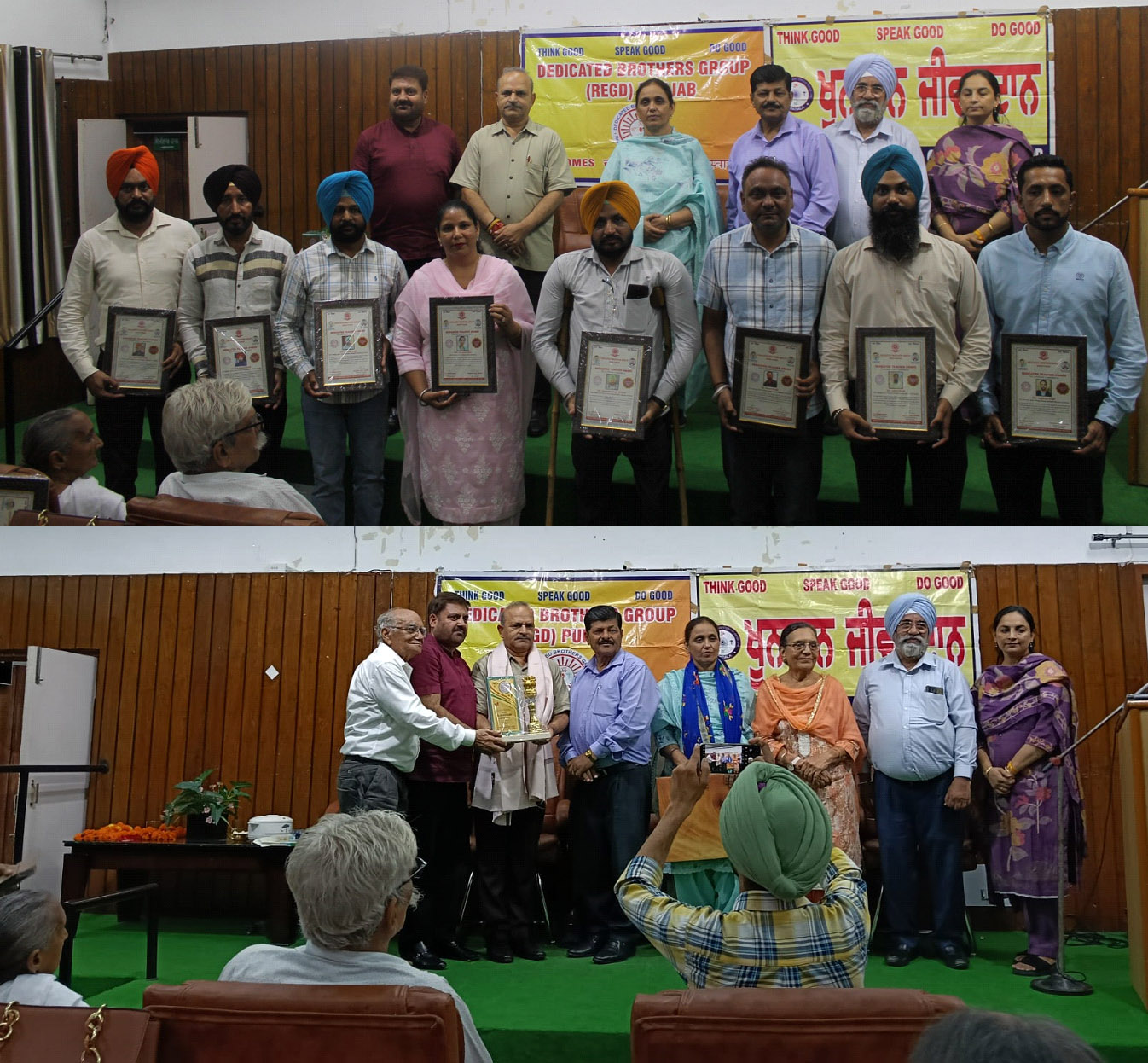
Supreme Court refuses to stay entire Waqf Act, stays some provisions.
New Delhi: The Supreme Court on Monday refused to stay the Waqf Act. The top court said that there is a presumption of constitutionality in its favour. However, the court has stayed the operation of some provisions of the act, including the provision that only people who have been practicing Islam for the last five years can create Waqf.
New Delhi: The Supreme Court on Monday refused to stay the Waqf Act. The top court said that there is a presumption of constitutionality in its favour. However, the court has stayed the operation of some provisions of the act, including the provision that only people who have been practicing Islam for the last five years can create Waqf.
While passing the interim order, a bench of Chief Justice BR Gavai and Justice Augustine George Masih said, “We have considered the challenge to each section prima facie and found that there is no case for staying the entire Act.”
However, the Supreme Court struck down the provision that said only people who have been practicing Islam for the last five years can create Waqf. It also struck down the provision that empowered the officer nominated by the government to decide whether a waqf property is actually in possession of government property.
The Chief Justice said, “We have held that this assumption is always based on the constitutionality of the law and it can be done only in exceptional cases. We have found that the entire Act has been challenged, but the main challenge was to Sections 3(r), 3C, 14....” The judge directed that as far as possible, the Chief Executive Officer of the Waqf Board should be a Muslim.
The Supreme Court also refused to stay the amendment that allowed the appointment of a non-Muslim as CEO. The judge also said that the number of non-Muslims in State Waqf Boards and Central Waqf Councils cannot exceed three. A detailed judgment is awaited.
Earlier, the Supreme Court had reserved its verdict on May 22 on three main issues, including the power to denotify properties declared as ‘Wakf by the courts, Waqf by the user or Waqf by deed’, which had come up during the hearing of petitions challenging the validity of the Waqf (Amendment) Act, 2025.












.webp)

